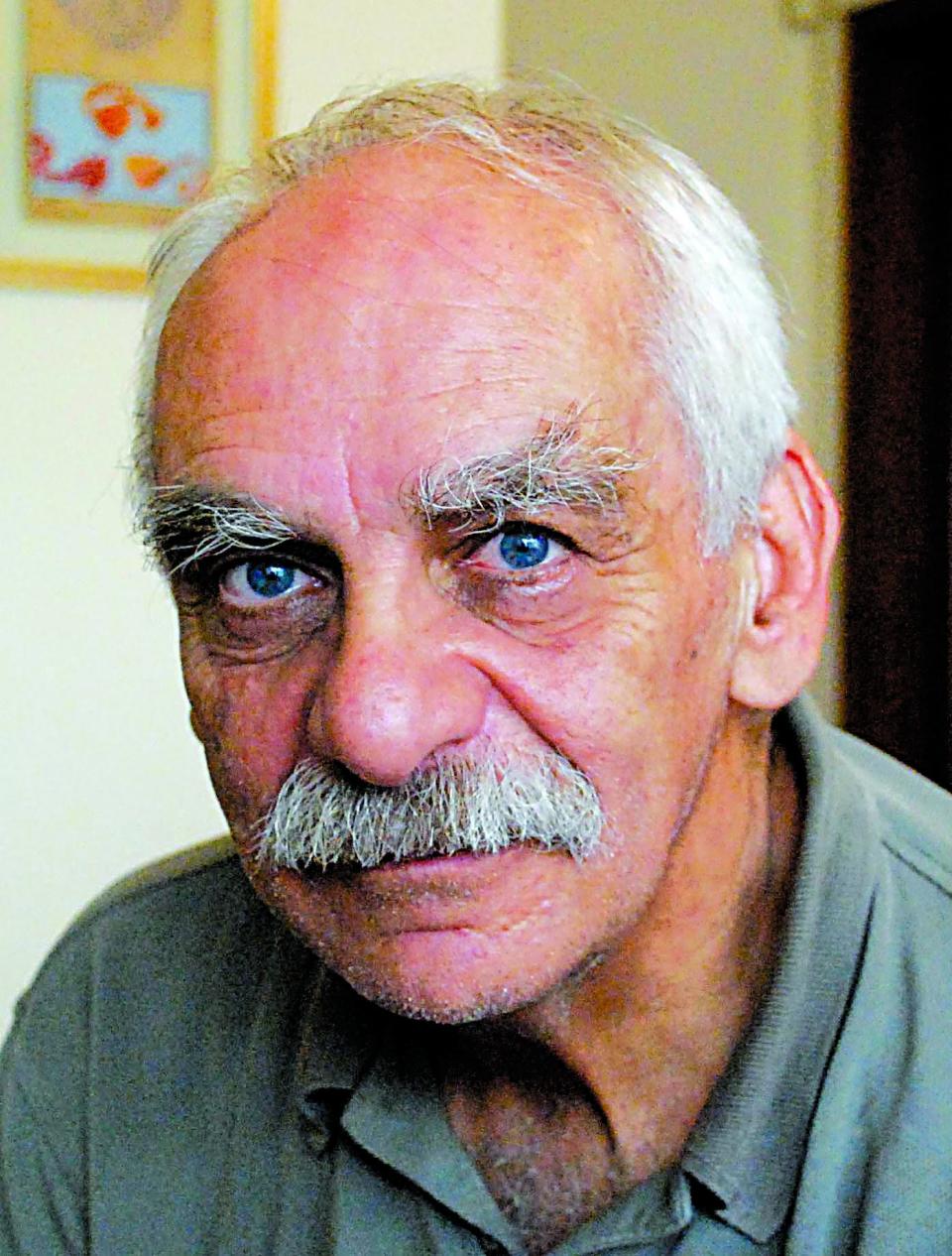Azzi: World Cup brings triumph, defeat, anguish, angst and promise
GOOOOAL!
I was torn this week as I watched the World Cup football (soccer) match between the United States and Iran. Played out on a pitch (field) in Qatar in the Persian Gulf, it represented a match between teams representing nations that have been in conflict since 1979, as well as recent tragic tensions in Iran over the arrest and death of Mahsa Amini, a 22-year-old woman who died in police custody while being detained for wearing hijab improperly.

Recognizing Iran’s presence at the World Cup at a time when its rulers have killed hundreds and imprisoned thousands, the match appeared to offer Iranian fans — especially young ones — a representation of a broad-based popular movement calling for liberal and secular order rooted in inclusion and diversity.
From the beginning of the match Iranian fans, including women both with hijab and without, waved flags declaring “Women, life, freedom.” As the American side joyously sang its national anthem an emotionless Iranian side could barely move their lips to honor theirs.
However it plays out, I prayed, may Iran win the competition that truly matters.
A goal late in the first half by Christian Pulisic gave America a 1-0 victory over Iran. The United States finished second in Group B with five points and moved through to the tournament's knockout phase.
That pleases me. I'm a fan of the American side and hope that they continue to win.
GOOOOAL!

On the other hand, I have great sympathy for the Iranian side who, from my point of view, were in a winless situation:
If they won, a victory would have given great encouragement and joy to the courageous youth who are continuing their struggle against a brutal theocratic regime that continues to oppress and kill its people.
Yet, if they had defeated the American side they would have given the ruling ayatollahs — who have opposed soccer since its introduction in Iran in the 1920s — an opportunity to gloat that the Islamic Republic had defeated the Great Satan — America.
During my years living in the Middle East, I traveled to Iran often, last visiting in 1979 just before the fall of the Shah.
My first visit was a decade earlier, in 1969, where, in the shop of an Iranian Jew, David Somekh, deep within the shadows of Tehran's bazaars, I bought my first Persian carpet. It was an early tribal Afshar, and stunningly beautiful. I negotiated for two days, chatting with David over cups of tea and coffee, pistachios and sweets. I forget what I paid for it but I'm sure it was a lot — and today I treasure it as priceless, rewoven throughout with stories and memories.
Over the years, from Qum to Tabriz, from the Caspian to Abu Musa, I traveled the storied Persian landscape, reading Rumi and Hafiz and photographing sites of transcendent beauty in Shiraz and Isfahan, and developing a nearly insatiable taste for a saffron-laced pan-fried Basmati rice with a crust called tahdig, which translates "bottom of the pot" in Farsi.
I've never been able to replicate that taste.
Soccer, as Americans refer to the sport, is a game with ancient roots that in the 19th century was codified in Great Britain and exported around the world — along, to a lesser extent, with cricket and rugby — particularly to countries it — and other European nations — colonized.
And the entitlement that colonization bred has not been abated.
Antisemitic depictions of Jews, racist caricatures of Japanese, Islamophobic representations of Muslims and racist and dehumanizing portrayals of Blacks, all created to marginalize and disenfranchise the Other, have never been uncommon in the colonialist mentality and it continues to this day.
In October, in an act not unlike that of Charlie Hebdo's depiction of the Prophet Muhammad in 2015, a French magazine, Le Canard enchainé, published an special issue on the World Cup in Qatar that included an illustration of "seven bearded men with “Qatar” written across their chests above big numbers who appear to be chasing a football in the sand while carrying machetes, guns and rocket launchers. One wears a belt laden with explosives. Five are wearing blue robes and two are wearing black shirts and pants with balaclavas covering their faces."
It is Euro-centric, racist, Islamophobic, dangerous — and unsurprising.
When I begin to despair over representations of the Other I often think of listening, in concert a few years ago, to Galeet Dardashti, a Jewish woman with Iranian roots whose grandfather Yona was a famous cantor and singer of classical Persian music, singing liturgical poetry written by a Sufi, backed up by Israeli, Iraqi-American and Palestinian musicians, that reminds me of the beauty and richness of lands I have traveled which have moved so far apart.
As I close this piece today I will remember watching Stephanie Frappart, the first woman in history to officiate a men's World Cup match (Germany-Costa Rica). I will remember Iranian fans cheering alongside Saudis, Qatari fans cheering alongside Americans from Al Udeid in Qatar, America's largest military base in the Middle East.
I will remember the promise of Tunisia beating its former colonizer France; Saudi Arabia defeat Messi and Argentina; Senegal, coached by a Senegalese, defeating Ecuador and moving to the knockout round; and the promise of Morocco defeating Canada and move to the knockout phase for the first time in 36 years.
I will remember their promises.
GOOOOAL!
Robert Azzi, a photographer and writer who lives in Exeter, can be reached at theother.azzi@gmail.com. His columns are archived at theotherazzi.wordpress.com.
This article originally appeared on Portsmouth Herald: Azzi: World Cup brings triumph, defeat, anguish, angst and promise

